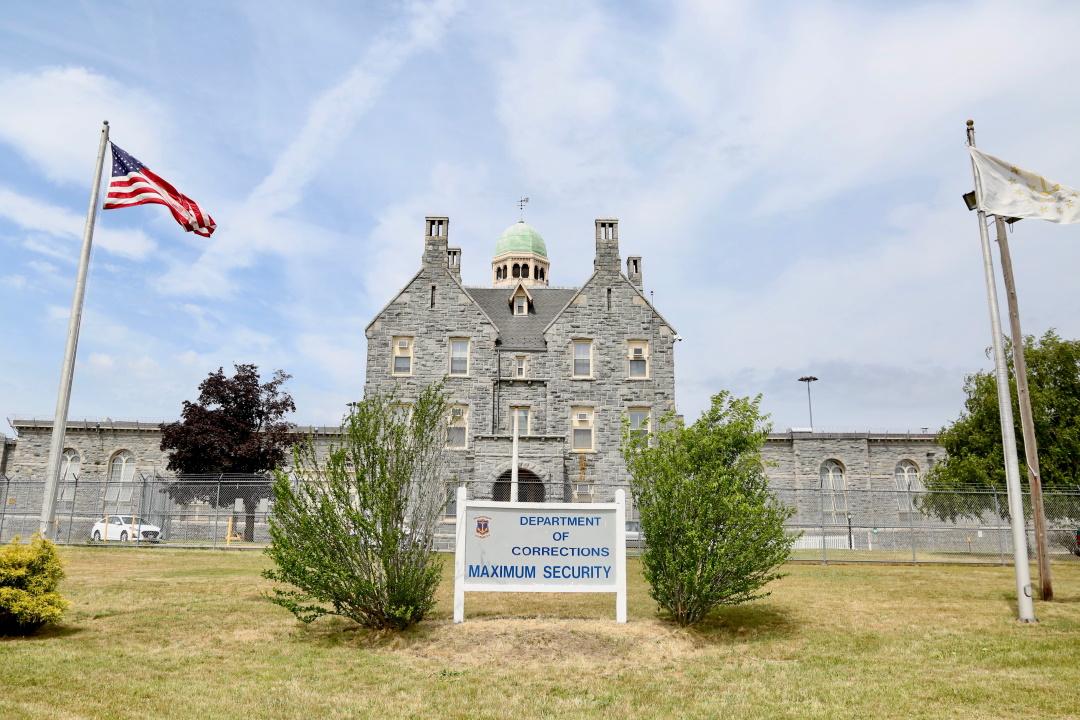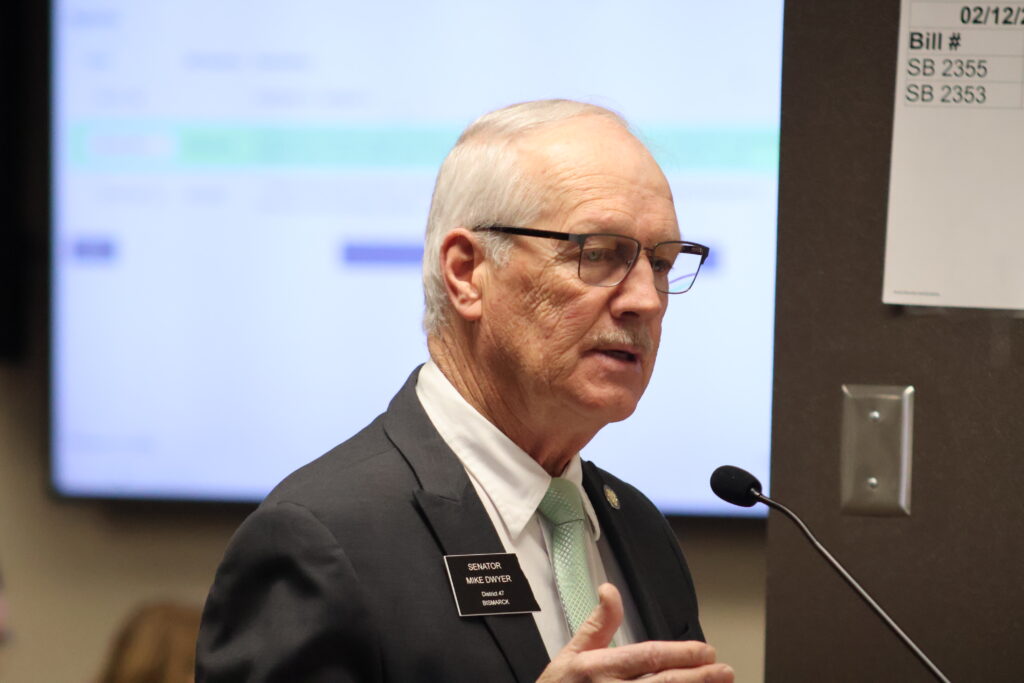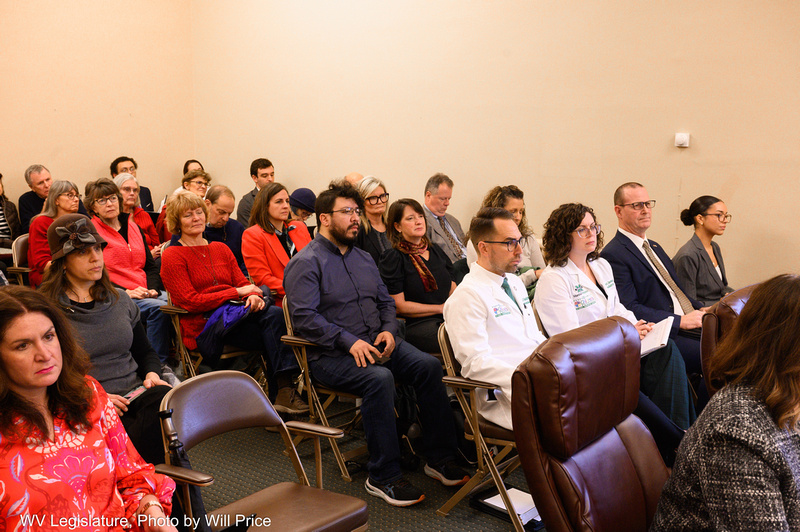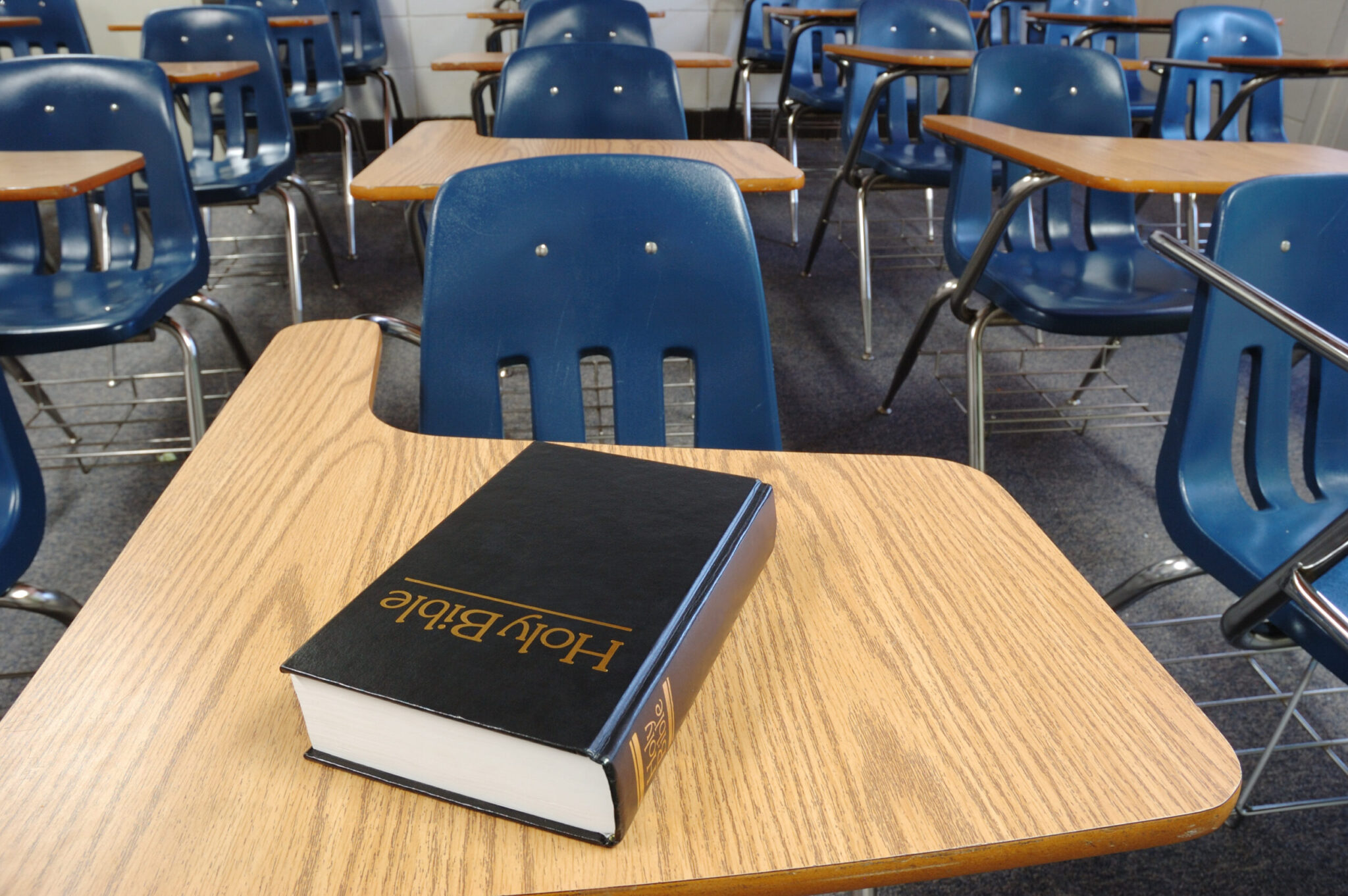
Faith vs. Legislation: Kentucky Protesters Argue Abortion Ban Tramples Religious Liberty
In a passionate display of solidarity, reproductive rights advocates gathered at the Kentucky State Capitol rotunda, raising their voices against the state's stringent abortion restrictions. Protesters passionately denounced the near-total abortion ban as cruel and inhumane, demanding that lawmakers take immediate action to repeal the oppressive legislation. The rally brought together a diverse group of activists, healthcare professionals, and concerned citizens who argued that the current law strips away fundamental reproductive freedoms and threatens women's healthcare autonomy. Speakers at the event emphasized the devastating impact of the ban on women's health, personal choices, and overall well-being. Demonstrators carried signs and chanted slogans, calling on state legislators to reconsider the draconian measure that effectively eliminates most abortion access in Kentucky. They urged lawmakers to recognize the fundamental right of individuals to make personal healthcare decisions without government interference. The emotional and powerful protest highlighted the ongoing struggle for reproductive rights in the state, with participants insisting that the current ban represents a dangerous overreach that undermines personal liberty and medical privacy.










